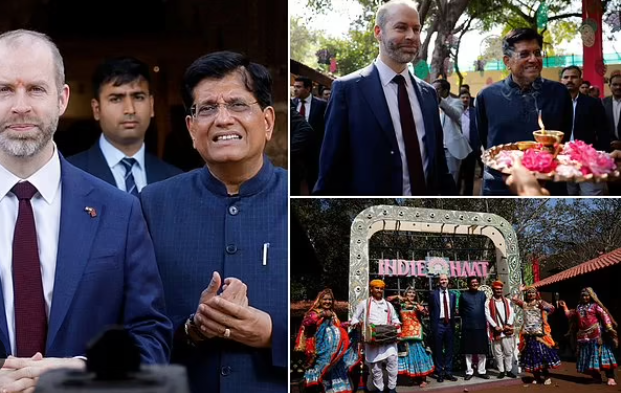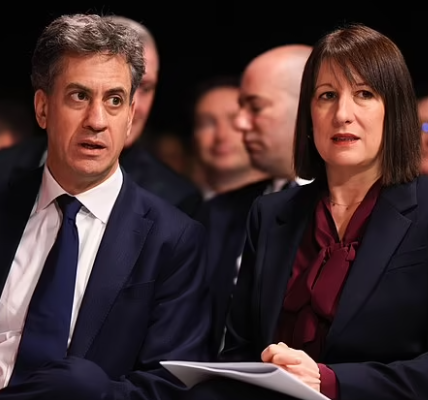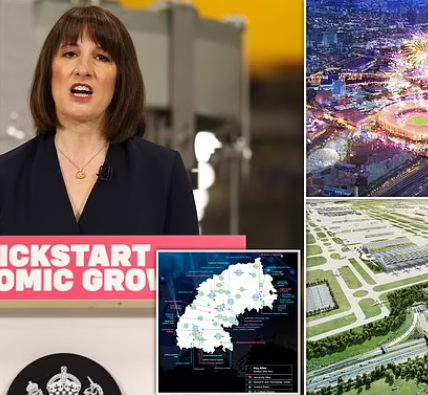India demands more UK visas as the price of a free trade deal with Britain – as Business Secretary says an agreement will be done with ‘speed but not haste’_Nhy
India has said that more business visas for its workers will be the price of a free trade deal with the UK.
Minister of Commerce Piyush Goyal said that allowing British companies access to India’s services sector would require greater access for its staff.
Speaking at a press conference in New Delhi alongside Business and Trade Secretary Jonathan Reynolds, he refused to put a timeframe on a deal but said it would be done with ‘speed but not haste’.
But he made clear that business mobility visas for Indian workers – a sticking point that derailed the last round of talks – would be part of any agreement.
‘We have also, as a part of free trade agreement, opened up each other’s services sectors, while protecting the sensitivities that each country has so that that can open up new opportunities,’ he told reporters.
‘And obviously, for all of this, business visas will be required – and they will be linked to investment, linked to the services that are going to be opened up. So I don’t see any difficulty in that.’
Mr Reynolds is in India for the fifteenth round of trade talks nearly a year after they were suspended after disagreements over visas.
He has vowed to take ‘tough decisions’ to get a deal over the line, but it will be difficult for Labour to compromise because it needs to be seen as tough on migration.

Jonathan Reynolds (left) and Piyush Goyal (right) attended a Joint Ministerial Reception in India

Mr Reynolds (left) and Mr Goyal (right) visited the National Crafts Museum and Hastkala Academy as part of the UK’s Business and Trade Secretary’s visit to India

Mr Reynolds (left) and Mr Goyal (right) met traditional Indian folk artists during a visit to the National Crafts Museum and Hastkala Academy in New Delhi
Speaking to the Mail yesterday, he said the talks had gone ‘really, really well’ and that a deal was a ‘top priority’ for the Government – but would not say when it could be expected.
‘Nothing’s agreed until everything’s agreed, right?,’ he said.
‘So it’s not really the quantity of progress, because you don’t always solve the hardest issues first, but I feel this has gone really, really well so far, and the ability to sort of narrow it down to those future remaining issues is really positive.
‘And this is something of real benefit. I know sometimes trade can maybe seem a little bit abstract to people, but, you know, this is absolutely about jobs, investment, quality of life.’
Asked about the prospect of Sir Keir Starmer travelling to India to sign a trade deal this year, Mr Reynolds said: ‘So if we were to do this deal, it would be of real international significance as well as bilateral significance.
‘And obviously the Prime Minister’s strongly personally behind it so I’m sure he’d want to be a part of that. But we’ve got to get the deal in that place.’
India wants its workers who are seconded to the UK on business visas to be exempt from national insurance because they will not receive the benefits of it – a deal the UK has with other countries.
It is also pushing for more student visas, faster visa processing times, and is critical of the UK’s plan to impose carbon taxes on exports.
India is forecast to have the highest growth rate in the G20 for the next five years and set to become the world’s third biggest economy by 2028.
With an expected 95 million strong middle class by 2035, ministers see opportunities to improve trade opportunities for British businesses.


